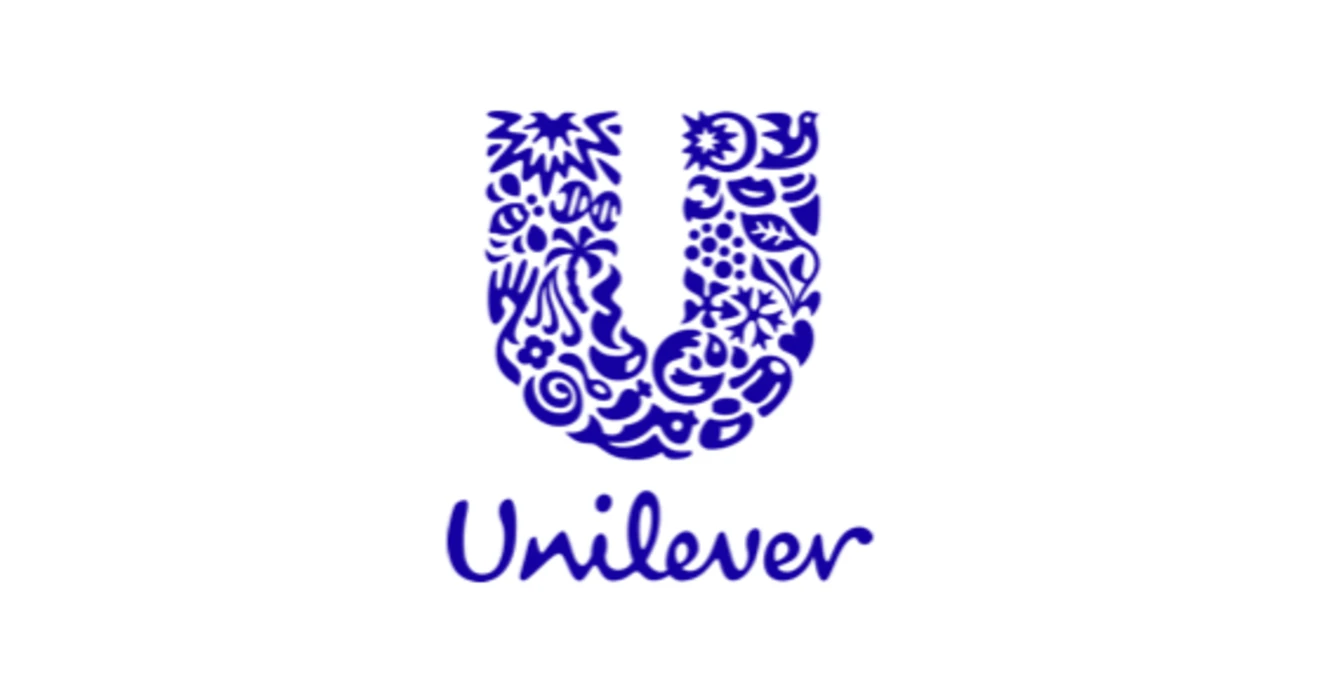Unilever
Key Information
HQ:
Netherlands
Market Cap:
$147.76bn
Primary Markets:
North America, LATAM, Asia, Europe
Business Type:
Manufacturer
Company Information
Company Summary
Unilever is a multinational consumer goods company that produces food, beverages, home care and personal care products. The company owns more than 400 brands and operates in 190 countries.
Revenue
Total revenue:
$65.6bn
Revenue by Geography
Revenue by Segment
Previous Projects

Sustainable Proteins Engagement
Alternative Proteins

